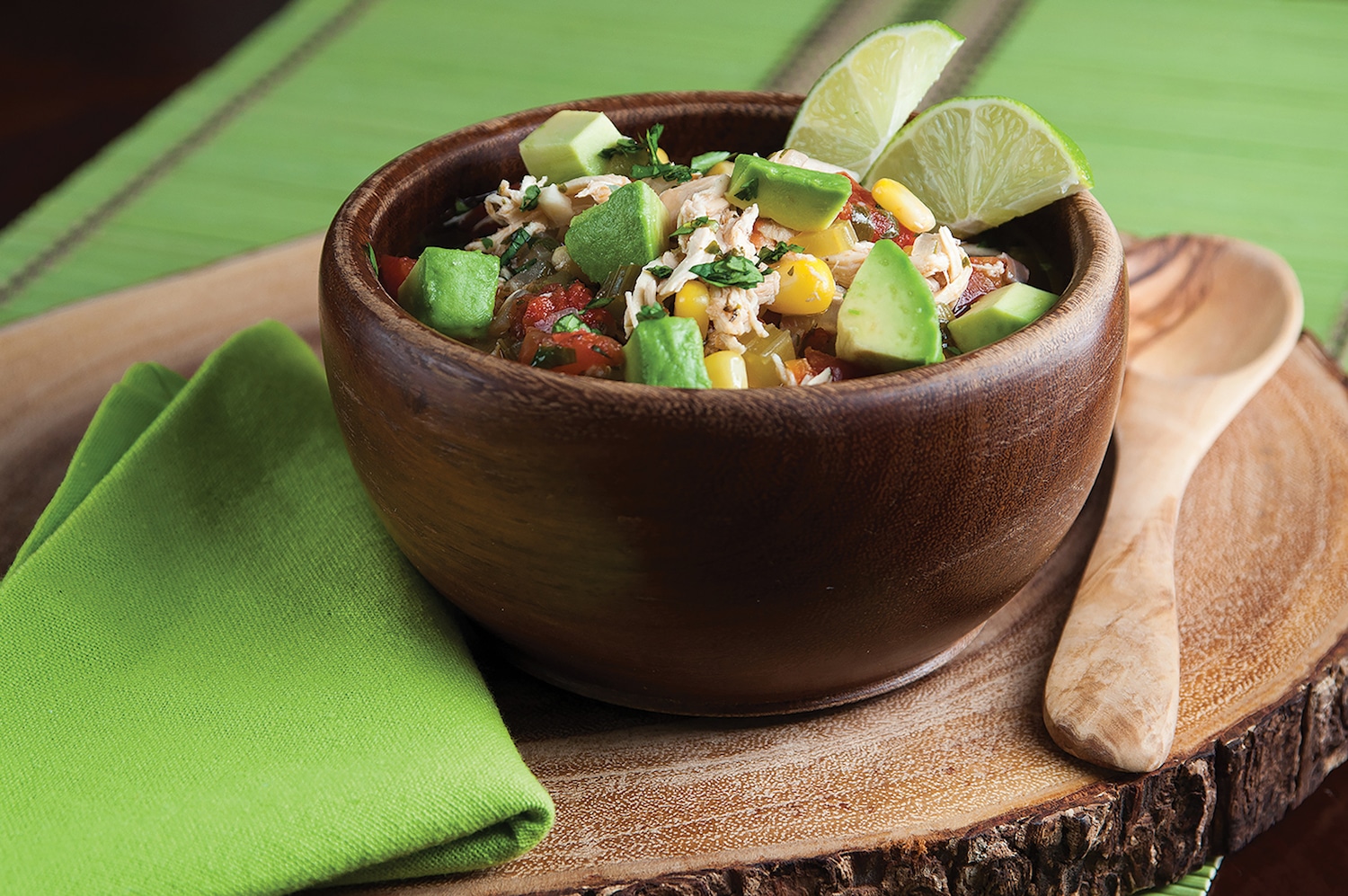Imagine biting into your favorite chocolate bar only to find it tastes like cardboard. For those going through cancer treatment, this sensory bait and switch is a common experience. In fact, up to 80 percent of people being treated for cancer report foods taste different than usual during treatment.
“Cancer treatment [can be] really toxic, and it’s clear that there are multiple ways it can interfere with taste or appetite or food enjoyment,” says Anna Boltong, a dietitian with Cancer Council Victoria in Melbourne, Australia. Boltong does research on the effects of cancer treatment on flavor and appetite.
Our ability to taste depends on a complex system. Detecting the flavor of food not only involves the taste receptors on the tongue that tell you if something is bitter, salty, sour, sweet or savory; it also involves the smell, texture and temperature of food, Boltong says. Food preferences and appetite also play a role in which foods we choose to eat. Cancer treatment can knock out or alter our enjoyment of food anywhere along this spectrum.
Here are some ways to mitigate flavor problems during treatment.
For example, chemotherapy targets and kills rapidly growing cells, including healthy cells like taste receptors, Boltong says. Chemotherapy can also damage nerve pathways to the brain, altering the ability to detect flavors. Nausea from treatment not only affects the desire to eat, but can lead to food aversions, resulting in a person no longer enjoying foods because she associates them with feeling sick. These problems usually go away a couple of months after treatment, but they can make it hard to get enough nutrients at a time when the body is weakest.
“There’s an association between taste problems and the ability to get adequate protein and calories,” Boltong says. “Cancer itself and the rigors of treatment place quite a burden of protein need on the body.” Protein is integral to wound healing, immunity and maintaining muscle mass. People who are deficient in protein and calories often have poorer cancer outcomes, Boltong says.
“It can be tricky because a patient may say, ‘Well, I always used to like these [foods]. What’s happening now?’ It’s really about trying to find a wide repertoire of food choices for a patient so that they’ve got more chance of enjoying things,” Boltong says.
Cancer Today magazine is free to cancer patients, survivors and caregivers who live in the U.S. Subscribe here to receive four issues per year.





